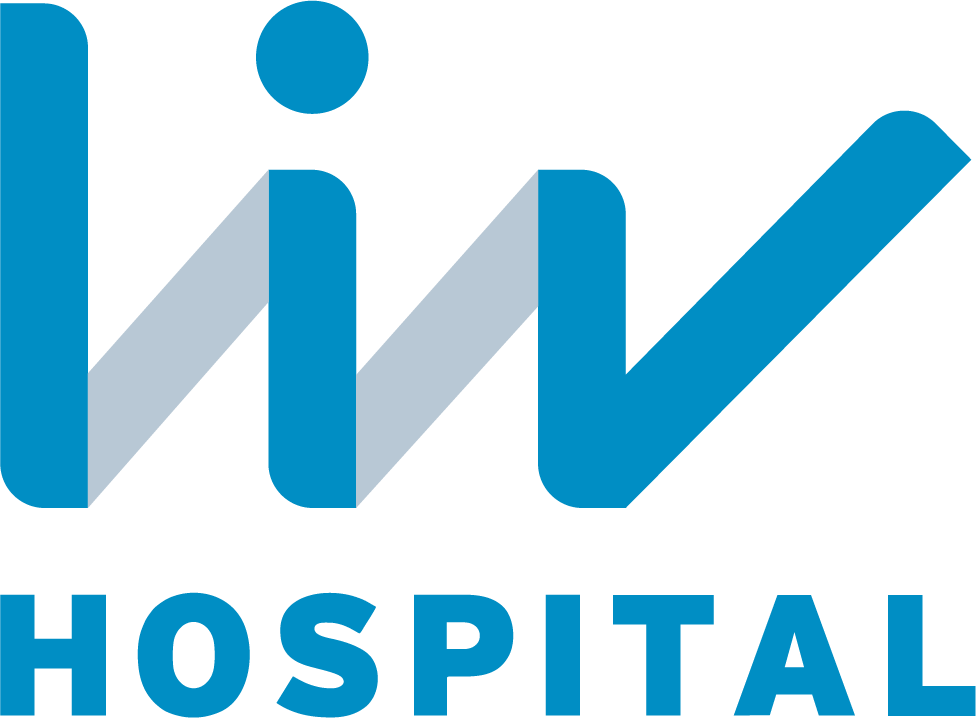What Is Pelvic Congestion Syndrome?
Pelvic Congestion Syndrome refers to chronic pelvic pain associated with dilated and refluxing pelvic veins—similar to varicose veins that appear in the legs, but localized within the pelvic venous plexus. PCS often involves the ovarian veins and internal iliac venous branches. Because these veins become enlarged and their one-way valves fail to function properly, blood flows backward (reflux) and pools in the pelvis. This causes venous hypertension, distension, and irritation of nearby tissues and nerves, leading to persistent discomfort.
- Typical patient profile: Women between 30 and 50 years old, often with a history of multiple pregnancies.
- Nature of pain: A dull, aching, or dragging sensation in the lower abdomen and groin that may worsen at the end of the day, after prolonged standing, with sexual intercourse, during menstruation, or with activities that increase intra-abdominal pressure.
- Overlap with other venous conditions: PCS may coexist with varicose veins in the legs, groin, vulvar region, and perineum, as well as with hemorrhoids. These associations reflect a broader pattern of venous insufficiency affecting multiple vascular territories.
While PCS is not rare, it is frequently underrecognized because pelvic pain has many potential causes, including gynecologic, urologic, gastrointestinal, musculoskeletal, and neurological. Accurate diagnosis hinges on a careful clinical evaluation and appropriate imaging.

What Causes Pelvic Congestion Syndrome?
The causes of Pelvic Congestion Syndrome are multifactorial, but they converge on venous dilation, valve failure, and reflux within pelvic veins. Your original list of contributors is preserved and elaborated below for clarity:
- Pregnancies: Pregnancy increases blood volume and venous capacity; hormonal changes, particularly elevated progesterone levels, relax vascular smooth muscle and can weaken venous tone. The expanding uterus may also compress nearby veins. Multiple pregnancies magnify these effects, leaving pelvic veins enlarged and valves stretched or incompetent.
- Obesity: Excess weight raises intra-abdominal pressure, which impedes venous return from the pelvis and lower limbs, promoting venous stasis and distension.
- Previous deep vein thrombosis: A history of DVT, especially involving pelvic or iliac veins, can damage venous valves and obstruct outflow pathways, predisposing to chronic venous insufficiency in the pelvis.
- Inactivity: Prolonged physical inactivity reduces the benefit of the “muscle pump” effect that assists venous return, allowing blood to pool more readily in dependent venous beds.
- Spending long periods sitting or standing: Extended periods in either position increase venous pressure in the pelvis and legs. Without intermittent movement, venous return slows, and congestion worsens.
Other anatomical or vascular contributors sometimes seen in clinical practice include variant venous anatomy, external venous compression (for example, conditions such as May-Thurner syndrome affecting the iliac veins or the Nutcracker phenomenon affecting the left renal vein), and hormonal influences on venous elasticity. While not present in every patient, these factors can intensify reflux and symptoms.
Common Symptoms of Pelvic Congestion Syndrome
Common symptoms of Pelvic Congestion Syndrome (PCS) include:
– The most common complaint is pain and a feeling of fullness in the lower abdomen and groin.
This pain and fullness often worsen during urination, bowel movements, sexual intercourse, or menstrual periods.
Varicose veins may develop in the groin, lower abdomen, and legs.
Some patients may experience frequent urination or notice blood in their urine.
Hemorrhoids and varicose veins in the legs frequently occur together with PCS

How is Pelvic Congestion Syndrome Diagnosed?
Diagnosis of PCS can often be made using detailed color Doppler ultrasonography of the groin and abdominal veins. In some cases, visualizing the affected veins with contrast-enhanced CT or angiography may be required for a definitive diagnosis.
What is Pelvic Congestion Syndrome Treatment?
Medications may be considered for early-stage patients. Some drugs that prevent vasodilation and establish hormone balance can reduce the rate of progression of the disease and sometimes stop the progression. In addition, various painkillers can be used to relieve pelvic pain.
However, the most important technique in the definitive treatment of Pelvic Congestion Syndrome is embolization of the problematic pelvic veins through a catheter. In these interventions, which are performed through the groin or neck vein, enlarged and structurally impaired veins in the pelvic region are detected. These problematic veins are closed with special equipment (coils, foam, sclerosing drugs, etc.). Pelvic venous embolization boasts a 99% technical success rate and a recurrence rate of less than 10%.
These procedures can be performed year-round, with most patients discharged on the same day and able to return to work and daily activities the following day. The timing is not affected by menstrual periods, and fertility or menstrual patterns remain unchanged after treatment.

These procedures can be performed year-round, with most patients discharged on the same day and able to return to work and daily activities the following day. The timing is not affected by menstrual periods, and fertility or menstrual patterns remain unchanged after treatment.
* Liv Hospital Editorial Board has contributed to the publication of this content .
* Contents of this page is for informational purposes only. Please consult your doctor for diagnosis and treatment. The content of this page does not include information on medicinal health care at Liv Hospital .
For more information about our academic and training initiatives, visit Liv Hospital Academy






